|
Global deaths from measles decreased by about 80% between 2000 and 2017. But last year there was a spike in cases and fatalities, putting a question mark over whether the global target of eliminating the disease by 2020 will be met. A number of countries reported a deterioration. The Democratic Republic of Congo is one. Benjamin Kagina explains how the Ebola crisis in parts of the country has fueled the measles outbreak.
The Transatlantic slave trade was the perfect example of an unequal trading relationship. Along Ghana’s Gold Coast this created the opportunity for powerful slave dealing kingdoms like the Akwamu to find radical ways of arranging better terms. Archeologist Rachel Ama Asaa Engmann sets out how an incident between the Akwamu and the Danes underlined this issue and the complex relationships that ensued.
|
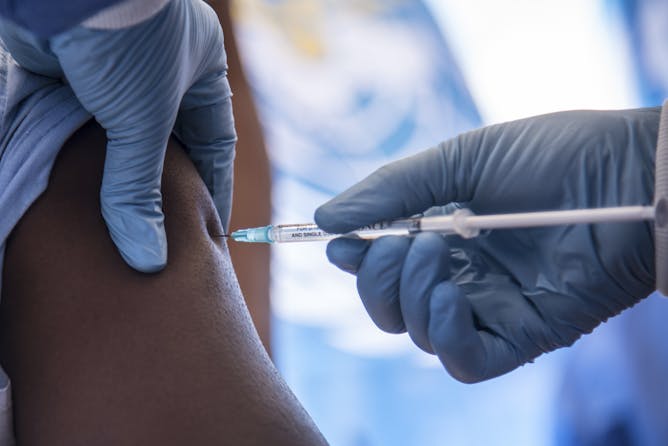
A health worker administers the Ebola vaccine.
EPA-EFE
Benjamin Kagina, University of Cape Town
The threat posed by measles is on the rise again in a number of countries in the world. One of them is the Democratic Republic of the Congo.
|
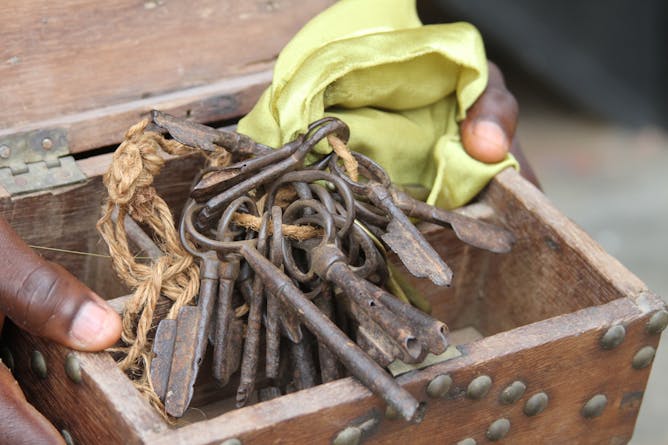
The 26 silver keys to Christiansborg Castle.
Christiansborg Archaeological Heritage Project (CAHP)
Rachel Ama Asaa Engmann, Hampshire College
The story of Asameni and Christiansborg Castle’s keys reveals the complexities of decisions taken during the transatlantic slave trade.
|
Politics + Society
|
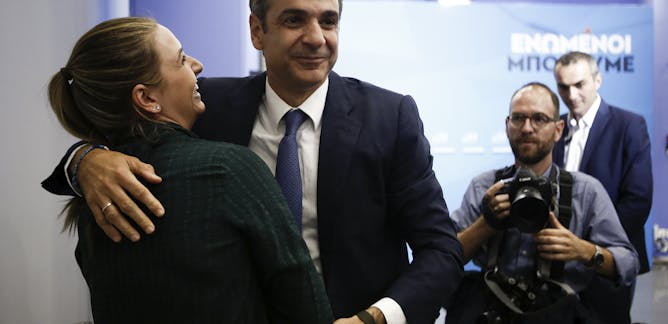
Roman Gerodimos, Bournemouth University
Ten years after the onset of Greece's biggest crisis since World War II, radical populism is running out of steam.
| |
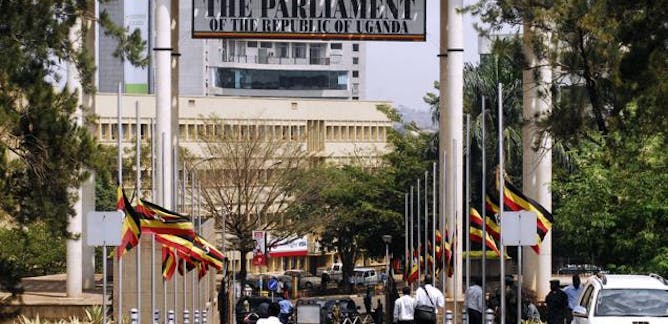
Dr. Hannah Muzee, Université de Yaoundé II; Joyce B. Mbongo Épse Endeley, University of Buea
Ugandan women MPs are working with men to amplify their own voices and pass meaningful laws.
|
|
|
Science + Technology
|
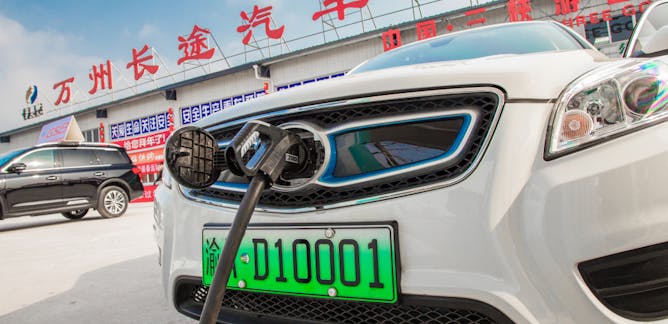
Janet Xuanli Liao, University of Dundee
China wages 'war on air pollution', but turning away from fossil fuels towards natural gas has its challenges.
| |

Lauren Gawne, La Trobe University
Instead of worrying that emoji is replacing competent language use, we can celebrate that emoji are creating a richer form of online communication that returns the features of gesture to language.
|
|
|
En français
|
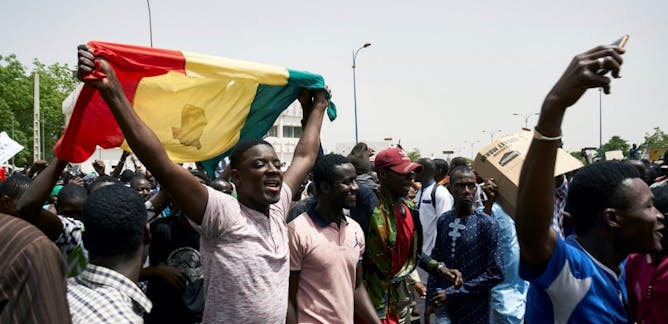
Boubacar Haidara
Le religieux a clairement pris le dessus sur le politique au Mali : à chaque confrontation les organisations musulmanes parviennent à imposer leurs idées face à l’État.
| |
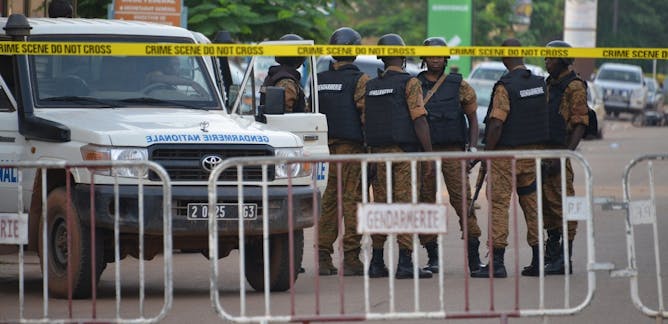
Louis Audet Gosselin, Université du Québec à Montréal (UQAM)
La communauté est localement perçue comme étrangère et comme étroitement associée à l’État, faisant des catholiques des cibles pour des groupes armés déterminés à saper toute autorité concurrente.
|
|
|